Speaking at a joint press conference with the visiting Iraqi Foreign Minister Ibrahim al-Jaafari, the Iranian Foreign Minister Mohammad Javad Zarif said “the execution of the pious and reformer martyr Sheikh Baqir Nimr al-Nimr cannot be justified by any means.”
“Sheikh al-Nimr spent his whole life inviting people to Islam through peaceful dialogue, engagement and use of civil capacities and he was truly opposed to armed activities or assassinations,” he added.
Zarif reiterated that the death penalty applied to the great scholar is not defensible; “unfortunately, over the past two years Saudi Arabia has rejected all measures taken by the Islamic Republic of Iran in line with formation of agreement and brotherhood in a region threatened with terrorism.”
Emphasizing that terrorism mainly affects the states who inflame the problem, Zarif noted “sad to say, our neighbors in Saudi Arabia have moved against the stream by opposing the reaching of an agreement between Iran and the West as well as taking steps to bring down global oil prices.”
Zarif stressed that Iran has always exercised a great deal of tolerance in the face of these measures adding “escalating tensions in the region is merely a sign of weakness rather than strength.”
“Lamentably, Iran’s moves and efforts have not been received properly by the neighbors in Saudi Arabia,” highlighted Iran’s FM calling for an end to the tension-increasing process.
The official referred to that fact that Iran would never seek to heighten tensions in the region; “during the meeting, we explained to the Iraqi foreign minister all the regional measure taken by the incumbent government and described all the efforts of the Islamic Republic of Iran to keep the unity of the Islamic world against the Zionist regime and extremists who exploit the title of Islam in favor of their malicious aims,” he maintained.
Zarif called for collective action as well as patience against the existing threats and dangers asserting.
Iran’s foreign minister denounced the recent attacks on Saudi premises taken place in Tehran and Mashhad as unacceptable measures adding “all Iranian authorities have condemned these actions.”
“Both in legal and religious terms, the Islamic Republic of Iran feels obliged to protect foreign guests and diplomats,” he added.
The official further clarified that the Islamic Republic of Iran will deal with all law breakers as well as that all necessary measures were taken to protect Saudi employees in due time.
Iran’s foreign minister expressed regret that the Saudi Arabia pursued the policy of tension while Iran is seeking peace; “our policy is to have coordination and cooperation with all neighbors showing respect for the Arab world as an important component of the Muslim world.”
Zarif further appreciated the initiative taken by the Iraqi counterpart underlining “we hope that everyone in the region will reach a common understanding about the common danger by putting aside provocative policies."
In response to a question about Iran’s position on the coalition formed by Saudi Arabia and several other countries to counter terrorism, Iran’s foreign minister said “not only these coalitions are short-lived but also they lead nowhere as well as that they are deleterious to the Islamic world and incapable of confronting the Islamic Republic of Iran.”
Iraq’s Foreign Minister Ibrahim al-Jaafari, for his part, appreciated the generous invitation of Iran pointing to his plan to make visits to the region on the recent events upon the Iraqi cabinet’s decision; “considering the long history of good relations among Iraq, the Islamic Republic of Iran as well as other neighbors, Iraq cannot remain silent in the face of the regional crisis since bringing tensions to the area can bring about further problems."
Referring to the execution of Sheikh Nimr al-Nimr by Saudis, al-Jaafari noted “we slam the verdict issued by the Saudi court; Sheikh al-Nimr was a reformist who never believed in using weapons.”
Iraqi foreign minister further stressed that “we were shocked by hearing the news of the execution about which we cannot remain silent because it affected the emotions of the Muslim world.”
“Accordingly, we have begun to take certain measures in some Arab states in order to minimize the adverse consequences of the action,” said the Iraqi official adding “on Tuesday we spoke with five or six Arab foreign ministers as well as Nabil Elaraby, Secretary General of the Arab League, with the aim of solving the problem through diplomatic talks."
He also referred to the recent events in front of the Saudi embassy in Tehran; “as Iran’s FM Zarif explained, the Islamic Republic of Iran never intended to attack on the Saudi premise and has always sought peace.”
HA/3018548

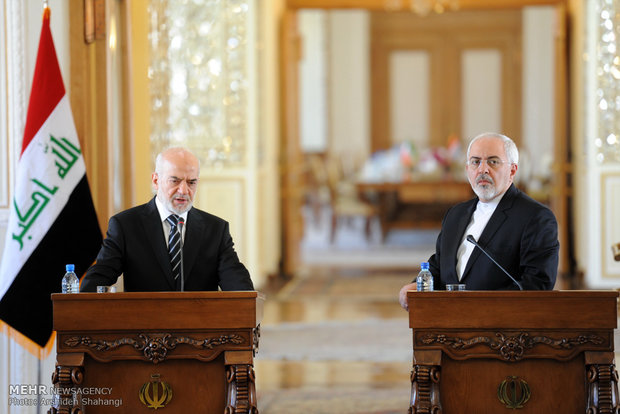
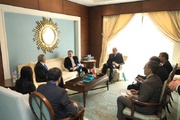
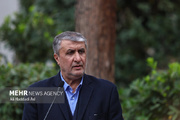

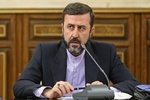
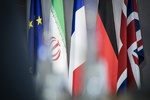
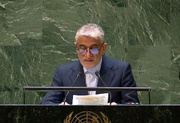
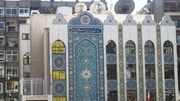
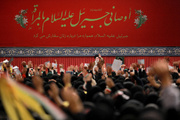
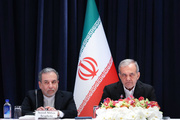
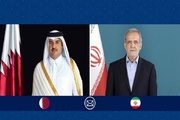
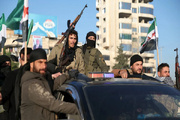


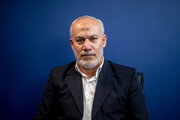
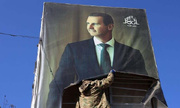
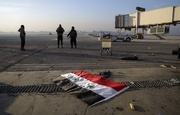

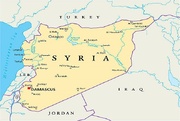
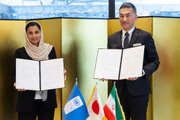
Your Comment